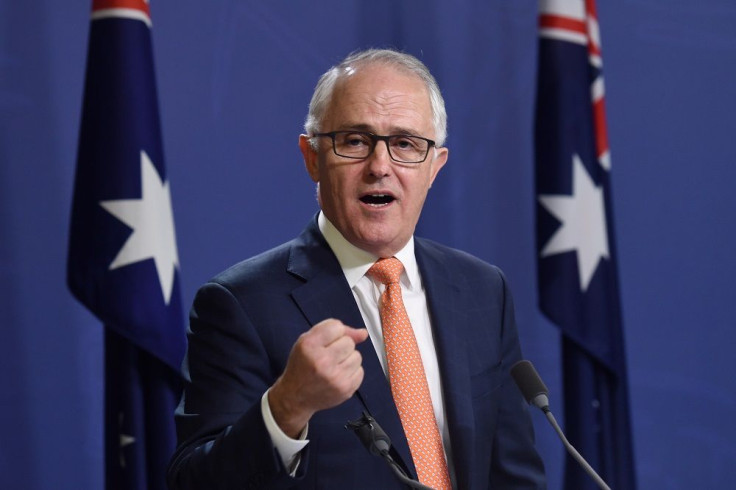Turnbull unveils anti-espionage laws: What it means for Australian politics, businesses, organisations

Australian Prime Minister Malcolm Turnbull announced on Tuesday new laws to combat foreign interference and espionage as he encouraged his country not to be naive about foreign powers trying to influence the political process. The federal government will reportedly not tolerate foreign political donations.
The reforms to foreign interference laws also mean an overhaul of counterintelligence and political donation legislative framework. The prime minister believes foreign powers are making sophisticated attempts, pointing to “disturbing reports” about influence from China.
The proposed new plan seeks to ensure those trying to influence the nation’s politics on behalf of other countries must reveal who they work for. The Australian leader appeared confident about what he said was the most significant overhaul of espionage in decades.
The government is banning foreign political donations, except when they’re intended for charities. Given that foreign donations will be used for activities that do not involve politics, charities will be exempt from receiving and using foreign donations, as confirmed by Finance Minister Mathias Cormann.
The senator said that banning all foreign donations would ensure no inappropriate foreign interference in Australia’s democratic system. He added it is not only for political parties as it is also for candidates, Senate groups and political campaigning organisations.
He said that the foreign donation ban will be introduced in the Senate later this week. It means only Australian organisations and business can influence elections in Australia through donations.
But the particular change won’t ban charities from engaging in political activities, given that the political expenditure incurred to fund those activities is raised from Australians. A new Australian company owned by a Chinese renewable energy giant donated $40,000 to the Queensland Liberal National Party last month.
The changes will also require anyone who engages with Aussie politics on behalf of a foreign state to register their ties. Criminal penalties await those who will fail to do so.
The offence of “espionage” will be revised. It won’t only be just sending information but also receiving information.
Preparing and planning those acts will be criminalised for the first time, as will soliciting anyone to engage in those acts. Attorney-General George Brandis clarified the terms, saying anyone who acts covertly on behalf of a foreign actor in a manner that harms Australia's national security or to influence a government decision or a political process will be criminalised, SBS reports. The government said new laws will apply to organisations like GetUp.






